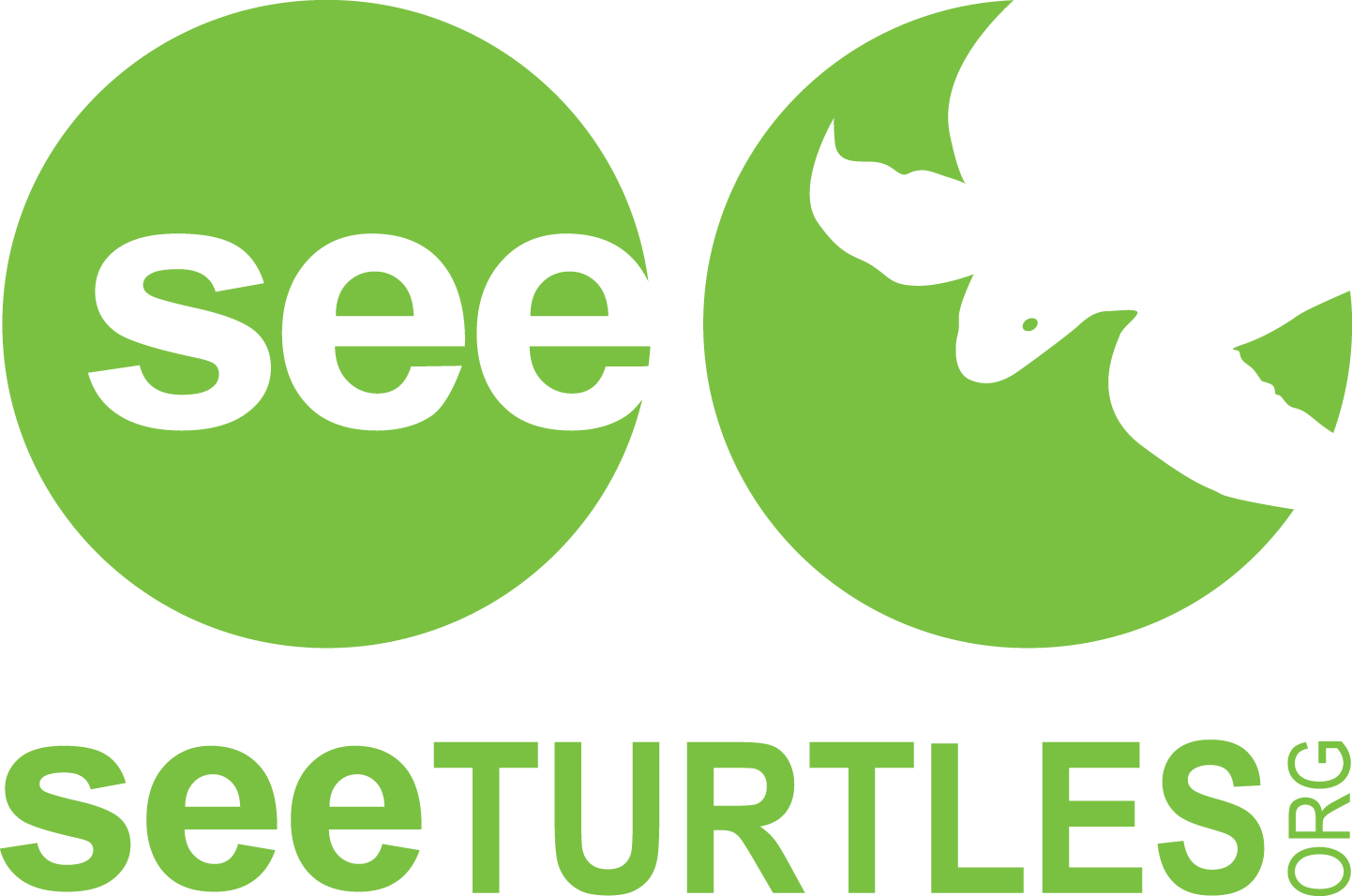
Responsible Travel Tips
Practice responsible travel and leave a positive impact on your vacation.
LIVE BLUE
Green Hotels:
Look for hotels that incorporate renewable energy, waste reduction, recycling, low-impact construction, and support the local community.
Choose hotels located away from nesting beaches or designed to prevent impacts on sea turtles and that participate in conservation programs, such as turning off beachfront lights that may attract hatchlings and protecting nesting females from harassment.
Waste Not: Plastic is a threat to ocean wildlife, so it is best to reduce and reuse it.
Recycle all plastic if possible or reuse those plastic bags to pick up any trash you find on the beach.
Bring along a reusable water bottle for day trips.
Support our campaign to get plastic waste out of sea turtle habitats.
Leave No Trace:
Travel in small groups, stay on trails (especially around fragile dunes), and respect other visitors to remote locations. Learn about Leave No Trace principles.
Sustainable Seafood: Bycatch in fishing gear is a major threat to ocean wildlife.
Choose seafood caught using sustainable fishing practices and from fish stocks that are not overfished.
Locally caught seafood caught on simple lines is usually a good choice.
Contribute:
Donate funds to or volunteer for local conservation and social organizations working to conserve wildlife and improve community living standards. Our Billion Baby Turtles program supports important nesting beaches across Latin America.
Low Carbon:
Did you know that climate change threatens sea turtles and other wildlife? Planes, ships, and automobiles all produce carbon dioxide, a primary contributor to global warming. Climate change leads to rising sea levels that can submerge nesting beaches; causes coral bleaching that degrades ocean habitat; and warms sand temperatures which can affect hatchlings.
Educate:
Let others know about these guidelines and encourage your friends and family to go SEE Turtles.
Cruise ships:
Choose cruise lines that support ocean conservation and do not dump waste at sea.
When planning a cruise, ask the company about their waste disposal and recycling policies.
GO LOCAL
Wherever possible, use local services. You will get a more authentic experience and contribute more to the local economy.
Be a good guest:
People living near wildlife hotspots are critical to their conservation. While ecotourism can benefit communities, it can also exact a heavy price. Respecting local residents and their customs can reduce some of these costs and help to ensure ecotourism remains a viable alternative in the local economy.
Hotels: Locally-owned hotels or guesthouses often provide better job opportunities and retain more money in the community, where it is needed most.
Guides: Only local guides can give you an “insider’s view.” Local guides can also make travel in remote locations safer.
Restaurants: Try new, authentic flavors by eating in locally-owned restaurants. Of course, never consume sea turtle eggs or meat. And request drinks with no straws.
Handicrafts:
Where possible, buy directly from artisans who can explain the story behind the art.
Many souvenirs are made in foreign countries to imitate local artwork.
And always make sure you’re not buying souvenirs made from turtleshell or other wildlife!
PROTECT THE BEACHES
Beaches are fascinating ecosystems and are the crucial link between land and water. Tread lightly on nesting beaches (or any beach you visit.)
Pick It Up: Collecting trash, especially plastic, is a great way to safeguard beaches. Join the International Coastal Cleanup in or near your community. Learn about our Sea Turtles & Plastic campaign to get litter out of turtle habitat.
Clear the Way: Furniture like chairs and tables left on the beach at night can prevent females from reaching their prime nesting spots.
Feet First: Walking is the best way to see a turtle on the beach. Vehicles can startle the animals and tires can compact nests under the sand and create deep tracks that prevent hatchlings from reaching the ocean. Researchers in some places use ATVs to cover long stretches of beach, but are trained to avoid nests and turtles.
Lights Out: Bright lights and fires on or near beaches during the nesting and hatching seasons can negatively affect them and damage habitat.
Fill the Holes In: Refill any holes that you or your kids dig in the sand, they can become obstacles for both nesting adults and hatchlings.
Sea Turtle Conservation Trips
Photo credits: Neil Ever Osborne, David McGuire






